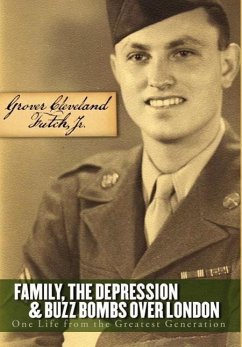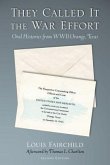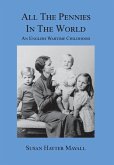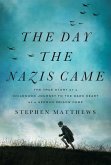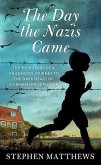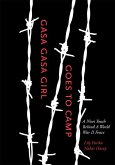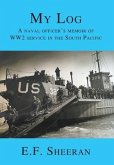This is the memoir of G. C. Futch, Jr., a man who remembers riding on street cars in Savannah, Georgia, deaths from typhoid fever, and blindness from cataracts. His family-on both sides-has been in Georgia for a long time. With the deep sense of history that led him to write out in longhand what he knows of his family's past and to specialize in history as a master's degree candidate, he listened carefully to the stories his father told of what his own father had told him regarding his service with the Confederate forces, including serving as an artillery man at the Battle of Kennesaw Mountain and having to walk home to south Georgia from Tennessee at the war's end. His maternal grandfather claimed a grant of land in Georgia in the mid-1800's. He writes, too, of the fact that the original Futches came to the colonies before the American Revolution. As G. C. was growing up in rural Georgia, his family had some very tough times during the Depression, moving repeatedly and even, at the lowest point for them, not having anything to eat. They managed, though, and G. C. finished high school in May of 1943 and reported to Fort McPherson in Atlanta that same month. During his military service, he saw some of the history of World War II being made as he served in a Special Service office, serving in England, France, and Germany. The stories of the lives of Americans born into what has become known as the "Greatest Generation," those born between 1911 and 1924 are many and varied, of course: G. C. Futch's story is just one of them. Here, however, are the basics of some of what helped forge that generation: hard lessons taught by the Great Depression, deep wells of patriotism and devotion to duty stirred by a world at war, a sense that hard work was not a choice but a sacred responsibility.

